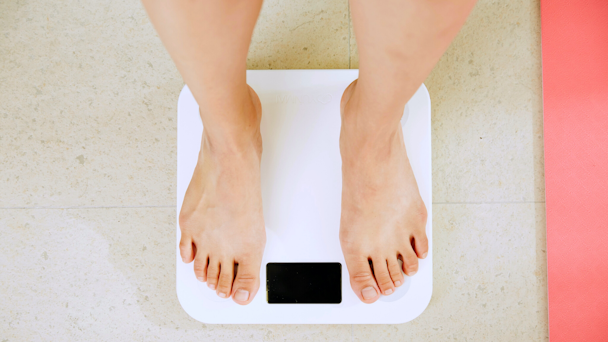Pinterest scales back weight-loss ads with new rules
Pinterest has updated its ad policy to encourage more body-positive behavior from advertisers. It believes that prohibiting ads that impact user wellbeing will pay off in the long term by fostering an environment they are more comfortable spending time in.

Social media platform Pinterest has updated its weight-loss ad policy
With the summer coming into full swing and ‘beach body’-style searches increasing, it has said it will prohibit the following:
-
Weight-loss language or imagery
-
Testimonials regarding weight loss or weight-loss products
-
Language or imagery that idealizes or denigrates certain body types
-
References to Body Mass Index (BMI) or similar indexes
-
Products that claim weight loss through something worn or applied to the skin
These serve as additions to existing rules that forbid ads for weight-loss or appetite suppressant pills, supplements, or other products, before-and-after weight-loss imagery, and ads for liposuction and fat burning.
Also banned is imagery or language that mocks or discredits certain body types or appearances, unrealistic cosmetic results, and searches related to eating disorders or ‘terms suggesting a restrictive mindset’.
Why
Pinterest says it updated its weight-loss ad policy because people of all ages face challenges related to body image and mental health. Its research found that 41% of Brits feel the pressure to get ‘summer body ready’ and a further third (28%) say that popular culture’s portrayal of bodies makes them feel self-conscious.
Instead, Pinterest is offering #pinterestwellbeing for “gratitude and self-compassion exercises, along with other interactive practices that can help improve their mood”. Furthermore, Pinterest is urging “others in the industry to do the same”.
Sarah Bromma, head of policy at Pinterest, says: “As Pinterest and our Pinner base continues to grow, we remain focused on maintaining a safe, positive, inspiring and relevant Pinner experience.
“People of all ages are facing challenges related to body image and mental health, particularly as we emerge from the Covid-19 pandemic and kick off the summer season.”
Bromma adds: “We believe updating our ad policy globally to prohibit all ads with weight-loss language and imagery is an important step in prioritizing the mental health and well-being of our Pinners and fostering a place on the internet where they can be themselves, embrace their bodies regardless of shape or size, and feel comfortable with who they are.”
She concludes that “positive online environments were found to have a halo effect on the brands that show up there – from awareness and sentiment to trust and purchase”.
Response
Ishbel Macleod, marketing manager at We Are Hydrogen and former The Drum reporter, says: “Pinterest certainly seems to be taking a step ahead of other social media channels in terms of what is and is not allowed. It seems to have its finger on the pulse of the body-positivity movement and, since a large proportion of Pinterest’s audience is female (stats show 77.1% female, 14.5% male, 8.6% non-binary/not stated), this is definitely a sensible step.”
It’s not alone in blocking searches for eating disorders and keywords. Instagram offers alternate resources for those searching ‘anorexia’ or ‘skinny’. But it does seem to be ahead of the pack.
Facebook restricts ads from showing before-and-after imagery, or unexpected weight-loss results. Ads also can’t attempt to generate negative self-perception in order to promote diet, weight-loss or other health-related products. But its restrictions are laxer than Pinterest.
Over-18s can be targeted by weight-loss products – this includes ads that speak positively about the use of weight-loss products, potentially dangerous cosmetic procedures and more, according to Macleod. Meanwhile, Twitter restricts the promotion of health and pharmaceutical products and services, but there are some special allowances. She’s seen a lot of intermittent fasting ads recently.
Macleod believes: “For brands that have body positivity at their core, this could act as ‘proof’ they are ahead of the curve by advertising on Pinterest.”
But these extra restrictions mean more rules to police, and that could prove difficult. “Presumably this will be through keywords mentioned in posts or in images, as well as machine learning on what is in the images or videos from the ads themselves. Marketers who promote weight-loss products already will be savvy about what words they can and cannot use: potentially using ‘health’ or ‘gain body confidence’ instead of ‘weight loss’.”
All in all, she believes that Pinterest is indeed living by its ideals and is “putting itself forward as the most forward-thinking and diverse social media environment”.

